Whether you’re concerned about the billions of tonnes of plastic waste flooding our planet or the effects of global warming, HOPE addresses both through various community efforts that contribute towards a better planet.
With you, there is HOPE for the planet. 
At HOPE, we are conscious of our impact on the environment. In 2018, we set an audacious goal to safely process 100% of our plastic footprint so that we do our part to make sure that post-consumer plastic does not wind up in oceans or in landfills. With the help of Plastic Credit Exchange, we continue to divert plastic waste while sequestering carbon through tree planting.

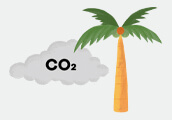

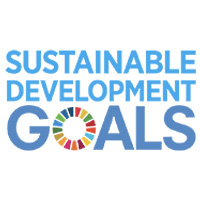
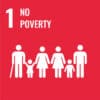
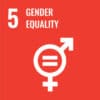
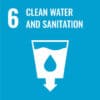
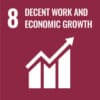
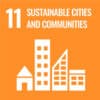
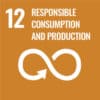
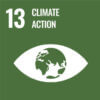
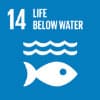
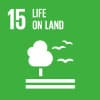
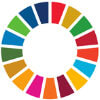

The Global Plastic Debt is
8.6 billion tonnes and counting.
HOPE works towards eliminating plastic waste from nature by helping businesses around the world offset their plastic footprints while feeding a circular economy.
LEARN MORE ABOUT THE Plastic crisis




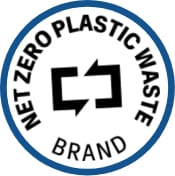 HOPE is the first Net Zero Plastic Waste Brand in the Philippines
HOPE is the first Net Zero Plastic Waste Brand in the Philippines
At HOPE, we are conscious of our impact on the environment.
In 2018, we put out an audacious goal to safely process 100% of our plastic footprint to make sure that post-consumer plastic does not wind up in oceans or in landfills. As we build more classrooms, we continue to commit to being Net Zero across all HOPE products.
The Aling Tindera Waste-To-Cash Program
In 2019, HOPE launched Aling Tindera, a waste-to-cash program engaging women micro-entrepreneurs to serve as sustainability champions of their communities. We continue to activate this ecosystem to clean up our environment. Some benefits of the program include:
Cleaner environment
By putting a price on plastic, communities are incentivized to turn in their post-consumer plastic waste, speeding up the waste management processes of local communities
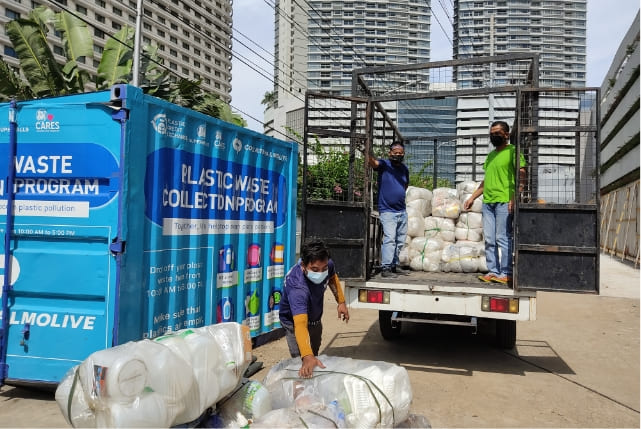
Increased income opportunities
Aling Tindera partners enjoy incremental income gains by upselling their collected plastic waste to Plastic Credit Exchange, helping provide better financial support for their families
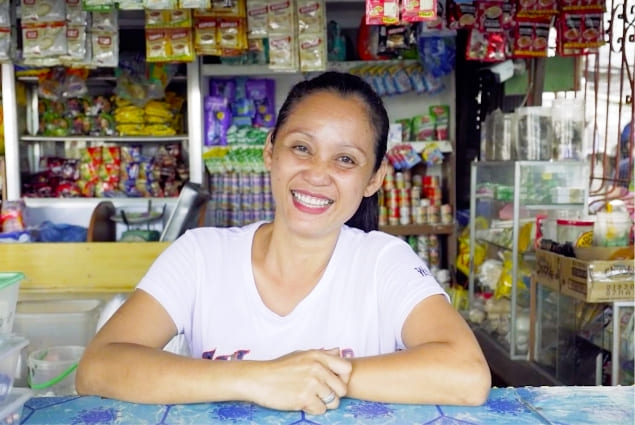
Organized informal sector
Aling Tindera engages women micro-entrepreneurs who handle small community stores, thus creating an organized network of plastic waste management partners
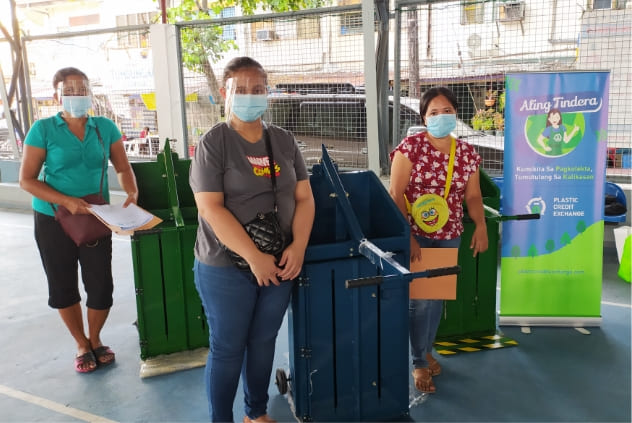
Government savings
Aling Tindera engages women micro-entrepreneurs who handle small community stores, thus creating an organized network of plastic waste management partners
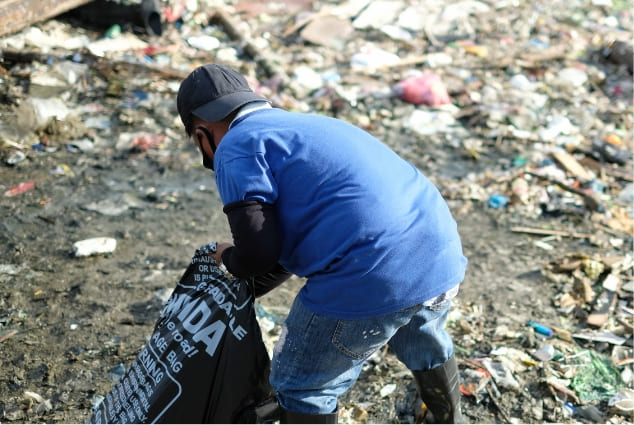
Stories from the Field
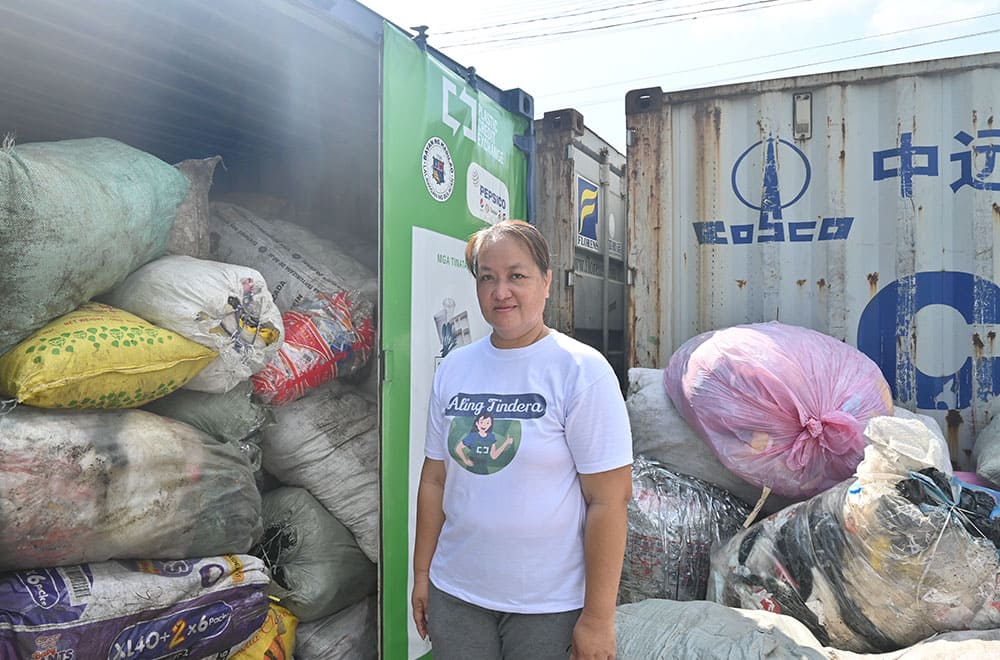
Aling Evelyn
Through a typically hot day in Marilao, Bulacan, sacks upon sacks of trash are weighed one by one in a seemingly endless cycle at the local Aling Tindera collection station.
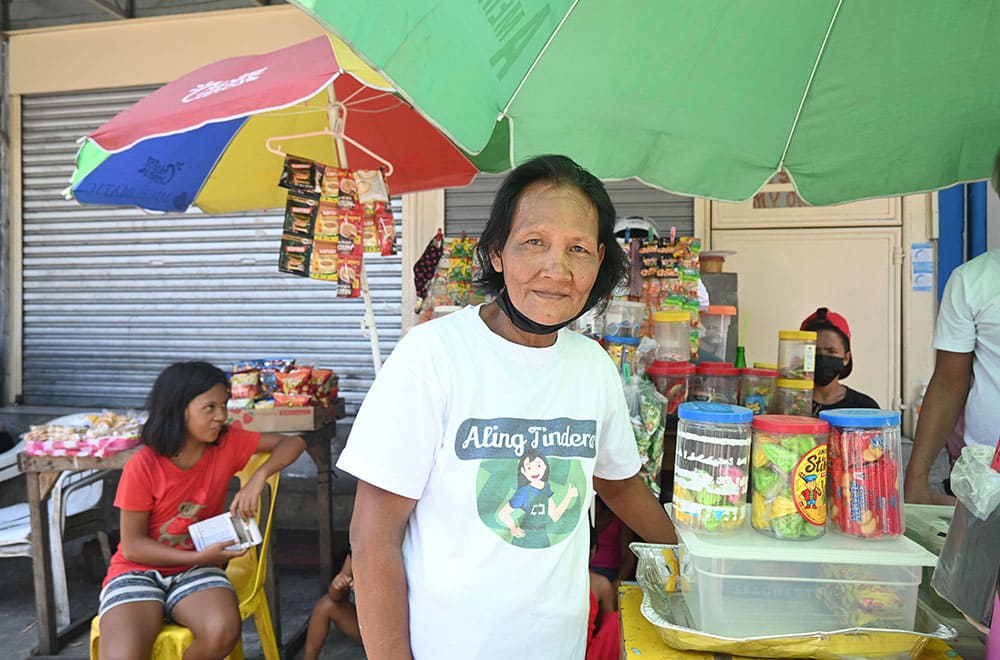
Aling Rosa
On Maria Orosa Street of Malate, Manila stands one of Plastic Credit Exchange’s beloved Aling Tinderas, Rosa Chua.
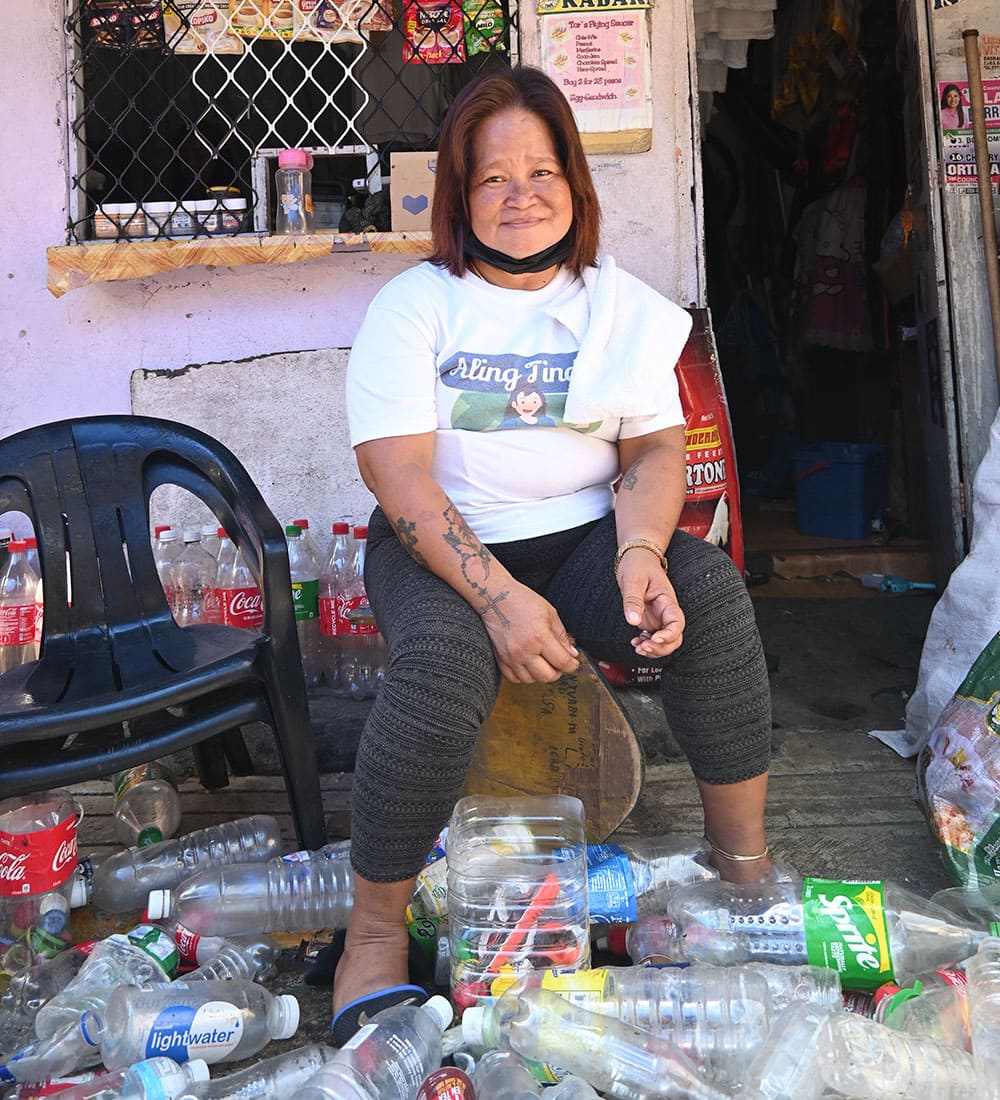
Aling Marita
On March 2, 2022, Marita Blanco — or Aling Marita as most know her — was deployed as one of the individuals under Plastic Credit Exchange’s Aling Tindera waste-to-cash program just four days before her 54th birthday.
The world emits about 43 billion tonnes of CO2 every year
Carbon Dioxide is one of the main greenhouse gases exacerbating the effects of global warming. HOPE addresses the global goal to limit the earth’s temperature increase within 1.5 degrees through carbon sequestration activities, made possible by tree planting and coal replacement impacts through Plastic Credit Exchange.
Why coconut trees?

Coconut trees can live up to 60 years
The average lifespan of a coconut tree is up to 60 years, ensuring stable crops which means livelihood
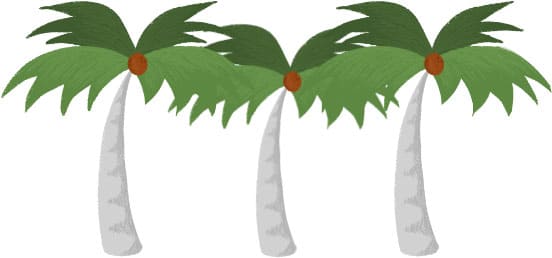
20% of coconut trees are senile*
Senile coconut trees mean decreased income which increases the urgency for replanting and improved farming methods
*SOURCE: PHILIPPINE COCONUT AUTHORITY

60% of farmers live below poverty line*
About 1/3 of Filipino families derive some form of income from coconuts, presenting a call to elevate this livelihood that supports millions.
*SOURCE: FOOD AND AGRICULTURE ORGANIZATION


HOPE in
A Million Coconut Trees!
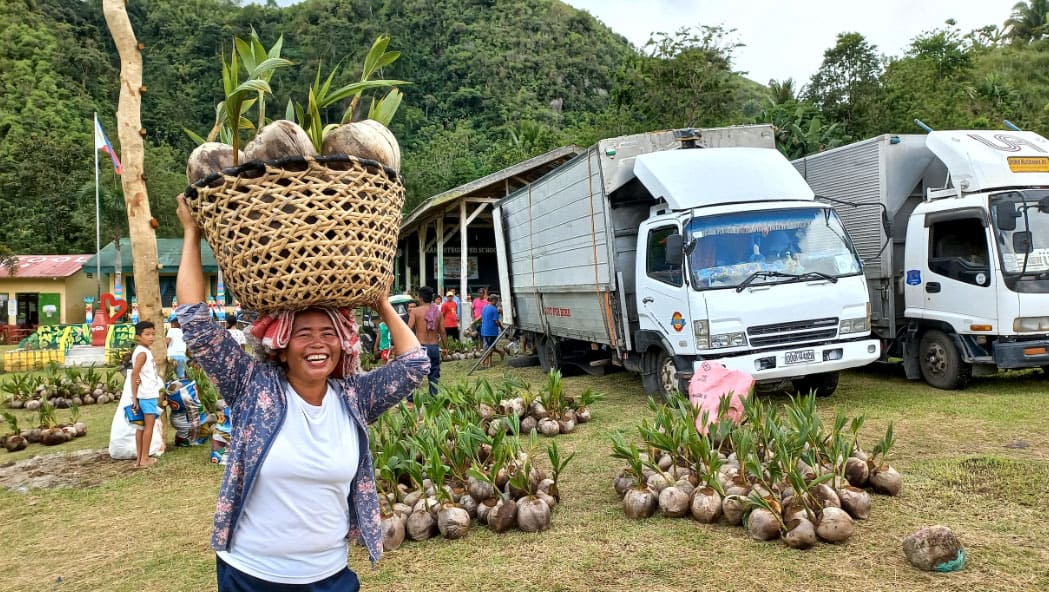
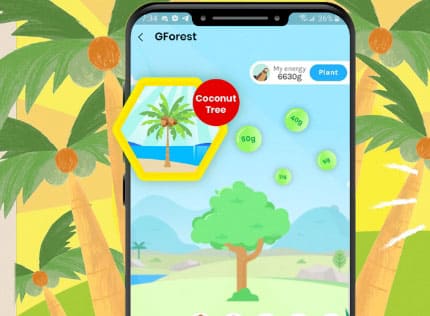
One. Million. Trees! Together with Century Pacific Food Inc. (CNPF) and GCash, HOPE coconut trees are now available on GForest, allowing users of the e-banking app to plant virtual trees in the provinces of South Cotabato and Sarangani.




